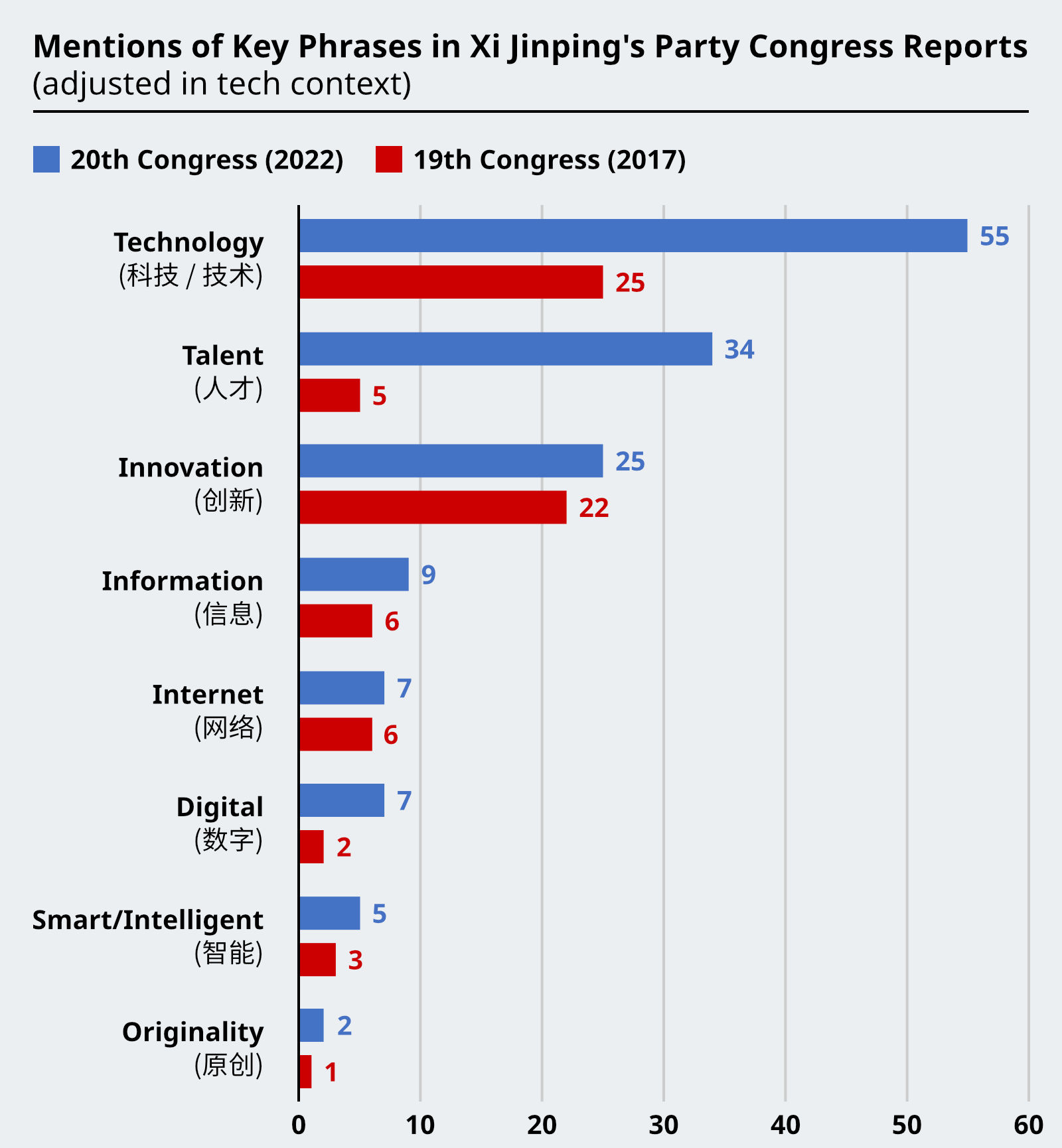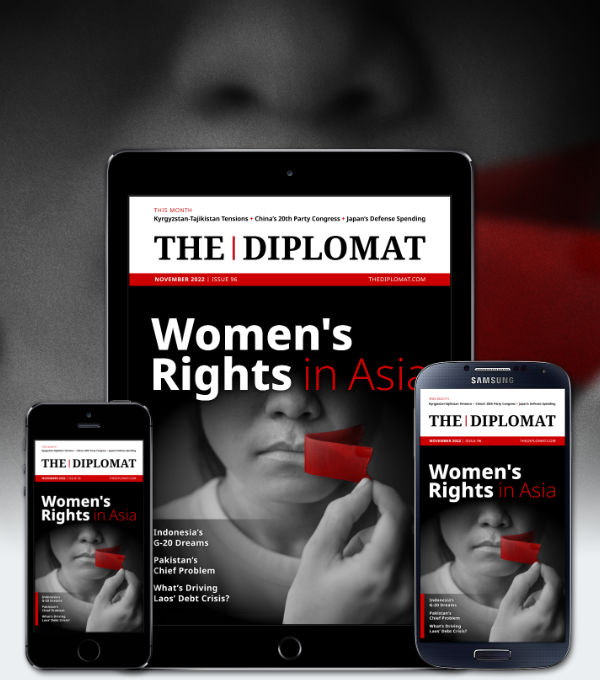| Welcome to the latest issue of Diplomat Brief. This week our top story highlights the Nepali migrant workers building Qatar’s World Cup infrastructure. We also have an interview with Dr. Benjamin Tsai, a senior associate at TD International, about the policy implications of the recent 20th Party Congress in China. |
| Story of the week |  | Society Nepalis Feel the Human Toll of Qatar’s World CupWhat Happened: Migrating abroad, especially to the Gulf, has long been an attractive option for underemployed Nepalis. That kicked into overdrive in 2010, when Qatar won the right to host the 2022 World Cup. Today, there are an estimated 400,000 Nepalis working in Qatar. But there are also widespread reports of labor violations and worker abuse, even death: According to Nepal’s Foreign Employment Board, at least 1,700 Nepalis have died in Qatar since 2010. Our Focus: Nepalis who lost loved ones in Qatar have had different experiences receiving compensation. Renuka Chaudhary’s husband fell to his death while working on a World Cup stadium; she received nearly $55,000 from Qatar, a life-changing sum. Another widow, Nirmala Pakhrin, got less than $2,000 in a “good faith settlement” after her 27-year-old husband’s fatal heart attack was ruled death from “natural causes.” Koshila Mukhiya, the wife of a 52-year-old who also died from “acute heart failure,” received nothing at all. But no matter the compensation, all the women are adamant that they would prefer to have their husbands back. And they all agree the Qatari government has not taken enough responsibility for the terrible working conditions their husbands endured. “We were treated like animals,” one worker who made it home recalls. What Comes Next: There have been media reports about Qatar’s systematic exploitation of workers for years, but none of the labor-sending countries in South Asia has publicly condemned Qatar. “The current situation is that governments like Nepal are so economically dependent on remittances that they feel they can’t be assertive on rights issues, and the people who pay for that are Nepali workers and their families,” Nicholas McGeehan, director of FairSquare Research and Projects, told The Diplomat. He thinks the South Asian governments, by keeping silent, are underestimating their own leverage: “Gulf states cannot function without South Asian workers.” But if governments like Nepal don’t use the bright spotlight of the World Cup to demand better treatment for their citizens, what hope is there for change in the future? Read this story |
| Behind the News | INTERVIEW Benjamin TsaiDr. Benjamin Tsai, senior associate at TD International (TDI), on the policy implications of the leadership reshuffle in China: “On foreign policy, Xi wants continuity because Wang Yi is staying despite being 69 years old… Xi wants stability in military personnel as well, retaining Zhang Youxia as the first-ranking vice chairman of the Central Military Commission despite his age. Instead of continuity, Xi wanted to shake up his economic team. It sends the strong signal that politics will guide economics.” Read the interview |
| This Week in Asia | Northeast Asia Japan’s Ruling Party Struggles With Church ScandalFour months ago, former Prime Minister Abe Shinzo was assassinated; the suspect’s stated motive was Abe’s perceived ties to the Unification Church, a religious group long accused of exploitative practices. That sparked a still-evolving scandal for Japan’s ruling party, based on a slow drip of revelations about the church’s ties to – and potential influence over – the ruling LDP. This week, Kishida promised to take action through new legislation as his approval ratings continue to slide. Find out more | South Asia Sri Lanka’s Latest Protests Peter outOver the spring and summer, massive protests drove first Sri Lanka’s prime minister, then the president from office. When President Ranil Wickremesinghe came to power, he pledged to address those concerns – but also moved to forestall future protests by arresting protest leaders. There were calls for renewed protests to free those detained, but the demonstrations fell far short of the summer turnout. It seems most Sri Lankans have bought the government narrative that stability is needed to improve the economic situation. Find out more | Southeast Asia ASEAN Meetings Open in CambodiaWorld leaders will descend on Phnom Penh this week for a spate of high-level meetings grouped around the biannual summit of the Association of Southeast Asian Nations (ASEAN). The meetings, which will take place from November 10-13, include the East Asia Summit and conclaves between ASEAN and its various partners, including the United States and China. The ASEAN Summit itself will be forced to address a crowded agenda, topped by the conflict in Myanmar, the Russia-Ukraine war, disputes in the South China Sea, and the deepening tensions between Beijing and Washington. Find out more | Central Asia Uzbek Police Abuses in Karakalpakstan CrackdownFour months ago, massive protests swelled in Karakalpakstan, an autonomous region in Uzbekistan, after Tashkent floated constitutional amendments that would strip the region of its sovereignty. Human Rights Watch in a new report says Uzbek police “unjustifiably” used grenades and lethal force to tamp down on the protests. Find out more |
| Visualizing APAC |  | Technology-related phrases saw far more use in Xi Jinping’s work report to the 20th Party Congress than in his 2017 report. See the full picture |
| Word of the Week | Politics तीर्थ यात्राTeerth yatra, Hindi for pilgrimage, has become a way of signaling Hindutva bona fides for Indian politicians. Find out more |
|  |




